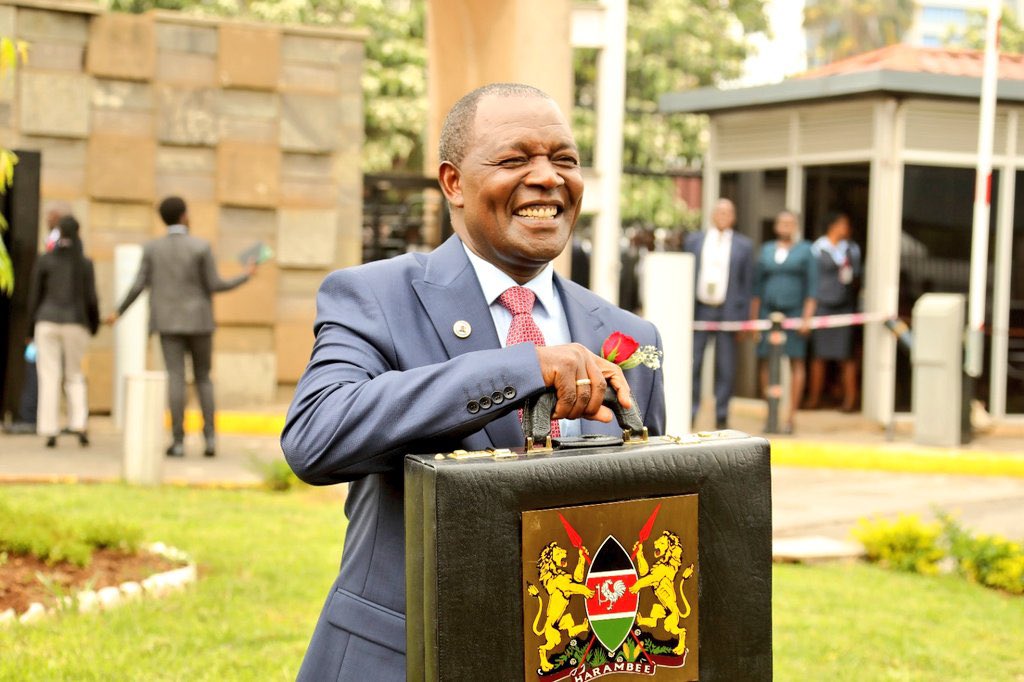advertisement
Kenya Allocates $107m To ICT Docket In 2023-24 Budget

The Kenyan government has proposed an allocation of $107.78 million for the ICT industry in the 2023-24 financial budget, which has been capped at $26.26 billion. This allocation represents a decrease for the sector compared to the previous amount of $111.34 million.
During the budget presentation on Thursday, Professor Njuguna Ndung’u, CS of The National Treasury and Economic Planning, stated that the allocation was intended to fund activities in the ICT sector to create employment and increase connectivity.
Prof Ndungu proposed allocating nearly half of the funds, $47.82 million, to the Konza Technopolis City to expedite its development as a technology hub. The proposed allocations include $34.29 million for the Horizontal Infrastructure Phase I, $8.57 million for Konza Data Centre and Smart City Facilities, and $3.39 million for the construction of Konza Complex Phase 1B.
advertisement
Other proposed allocations are as follows:
- $40.75 million for the Construction of Kenya Advanced Institute of Science and Technology (KAIST) at Konza Technopolis,
- $4.29 million for Government Shared Services,
- $9.29 million for the maintenance and rehabilitation of the National Optic Fibre Backbone Phase II Expansion Cable, and
- $4.17 million for the maintenance and rehabilitation of the Last Mile County Connectivity Network.
Additionally, notable allocations to IT activities outside the ICT sector include $2.52 million for the digital health platform in the health sector, aimed at automating functions such as patient registration, examination, drug prescription, lab tests, injections, radiology testing, and summary report generation in government hospitals. The CS also proposed $1.01 million for aquaculture technology development and innovation transfers.
Prof Ndung’u also proposed introducing taxation on digital asset transactions and the income generated by online content creators. He suggested implementing a 3 per cent digital asset tax on the value of transferred or exchanged digital assets. Furthermore, he proposed a 5 per cent withholding tax on gross payments related to digital content monetization. This would apply to incomes generated through media and digital platforms.
advertisement
Since assuming power in August 2022, Kenya’s President William Ruto’s government has expressed its intention to accelerate and expand the digital space to create more jobs and attract investments, ultimately transforming the country into a regional ICT hub. Their goals include increasing fibre optic coverage to 100,000 km and digitising 80 per cent of public services.
Some of the key implementation initiatives highlighted in the budget are as follows:
- Digitization of 3,750 government services so far, with a target of onboarding 5,000 services by the end of 2023.
- Development of digital platforms to streamline public service pensioner processes and improve service delivery, including the digitization of land registries and the development of a digital health platform.
- Implementation of the Digital Literacy programme and integration of ICT in secondary schools.